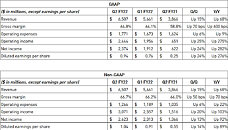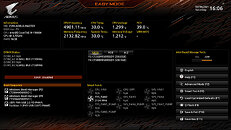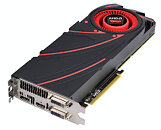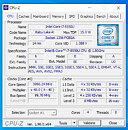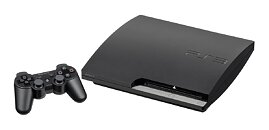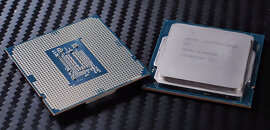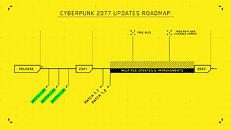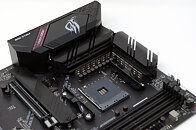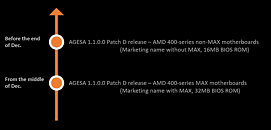
Valve Announces Steam Support Ending for MacOS 10.11 and 10.12 in Early September 2023
Valve has posted advance notice that Steam will not officially support macOS versions 10.11 ("El Capitan") and 10.12 ("Sierra") from September 1 2023. After this date "the Steam Client will no longer run on those versions of macOS." Valve recommends that users should upgrade to a newer version of macOS, if they intend to continue running Steam and related games and products. The cited reason for ending support is: "core features in Steam rely on an embedded version of Google Chrome, which no longer functions on older versions of macOS. In addition, future versions of Steam will require macOS feature and security updates only present in macOS 10.13 (High Sierra) and above."
Last week, Valve announced that support for Windows 7, Windows 8, and Windows 8.1 operating systems would cease at the very beginning of 2024. It has been a while since older versions of macOS have been declared as unsupported by the Steam Client - Valve announced, way back in late 2018, that it would stop supporting macOS versions 10.7 ("Lion"), 10.8 ("Mountain Lion"), 10.9 ("Mavericks") and 10.10 ("Yosemite") by January 1 2019. Again, an embedding of an iteration of Google Chrome was given as the main reason behind this discontinuation.
Last week, Valve announced that support for Windows 7, Windows 8, and Windows 8.1 operating systems would cease at the very beginning of 2024. It has been a while since older versions of macOS have been declared as unsupported by the Steam Client - Valve announced, way back in late 2018, that it would stop supporting macOS versions 10.7 ("Lion"), 10.8 ("Mountain Lion"), 10.9 ("Mavericks") and 10.10 ("Yosemite") by January 1 2019. Again, an embedding of an iteration of Google Chrome was given as the main reason behind this discontinuation.



























